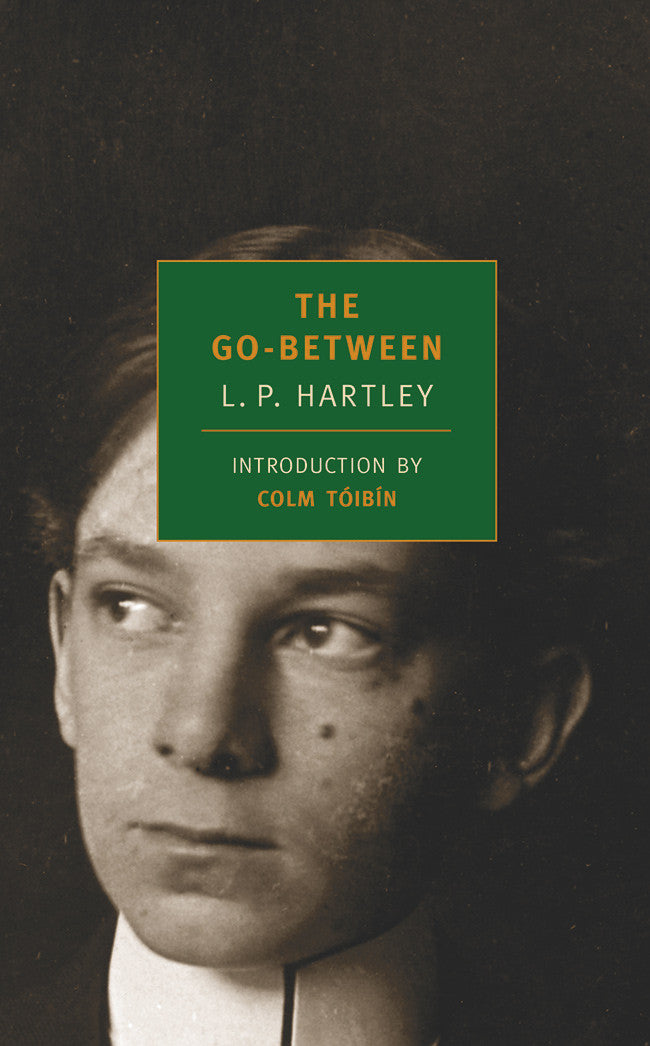Patricia Lockwood's new novel Will There Ever Be Another You is punctuated by illness and disaster. First, there is the death of the niece which is the culmination of her last novel, No One Is Talking About This. The death of "the Child" hangs over a family trip to the island of Skye in Scotland, and occasions many thoughts about changelings, those targets of fairy transformation who represent both irreparable loss and the possibility of radical and miraculous transformation. Then, there's COVID. Lockwood's narrator (can we just say Lockwood?) battles with a case of Long COVID that leaves her feeling like stranger to her own body, unable to recognize her own limbs, her brain falling apart, etc. Then, later on, her husband falls sick with some kind of spleen disease and undergoes the long process of hospitalization, surgery, and recovery. Everyone in this book, I guess, is falling apart, but falling apart means going to pieces, pieces that are put together again, and who better to put them together than a poet like Lockwood, whose whole schtick is about connecting the seemingly unconnected?
"The line of poetic logic," Lockwood explains to a group of students, "is as easy to disrupt as the narrative, is the narrative, where none appears to exist." No better explanation than that of the novel's entire theory of being. Certainly a book like this one will frustrate lovers of narrative as an expression of imaginary time and sequence. Lockwood is a poet, and this is a poet's novel, and I mean that in a totally different way than I meant it when I said it about Anna Moschovakis' novel, which seemed to be about wringing alienation of banality and cliche. Lockwood, by contrast, is all about harmonies and resonances, the way an image or a phrase can come back again and suddenly appear new in a new context.
But the elliptical nature of it can be rather frustrating, and I think you'd be excused if you felt from time to time that the poetic narrative, the line of poetic logic, can be too cute and self-interested. In No One Is Talking About This, the Internet provided the backbone of such logic; everything pointed back to it, and mirrored it: its collective, fractured nature, the algorithm and the feed, and the way social media sets repetition and recontextualization into hyperdrive. The omniculture stabs of Will There Ever Be Another You (Mrs. Doubtfire, Garry Shandling, Anne Hathaway, whom Lockwood meets for lunch and calls "Shakespeare's Wife," a long treatise on Tolstoy) try half-heartedly to recreate that in the aggregate.
But as often as not, Will There Ever Be Another You finds deep meaning in the collision of image and experience. The long principal section of Lockwood's Long COVID is a tour-de-force whose associative and rippling nature mirrors the experience of losing oneself piece-by-piece. And later, when Lockwood becomes the caretaker, rather than the patient (her husband glibly puts her "in charge" of "the Wound"), the images and phrases turn back in on themselves and find new meanings, new expressions. Around these tentpoles there are sections that seemed to wink, not quite successfully at their own self-indulgence, both materially and artistically: hey, did you know "Shakespeare's Wife" is going to portray me on the stage? That sounds a little more critical than I mean it to be, I think, because even though this novel lacked the urgent, propulsive shape of the last, it's always a pleasure to spend time with someone who knows their way around words like Lockwood does, and with such humor and insight.











